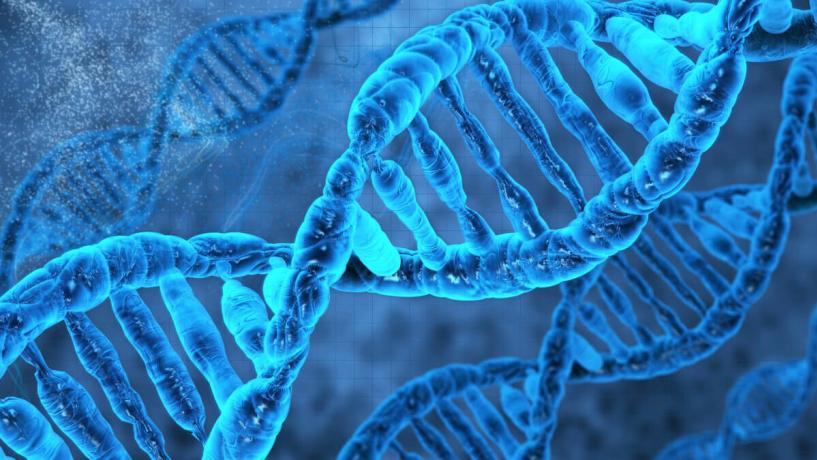
The need for detailed food composition screening has come to light more than ever with recent scandals involving horsemeat being used in food products.
Countries including the United Kingdom, Italy, and Germany have had to bear the brunt of this scandal that reached all the way to Queen Elizabeth herself. Through testing, it was determined that certain packaged foods contained horsemeat and were being served by caterers and in cafeterias.
A group of scientists in Germany have found a way of DNA sequencing that will allow them to accurately pinpoint all plant and animal matter in any type of food. The researchers, located at the Johannes Gutenburg University Mainz named this new method the All-Food-Seq and have used it to detect food ingredients that were as small as 1% in various products. This testing was used in the research laboratory to look for horsemeat in food.
The tracing method is so accurate that it even found small amounts of soy in sausages. That soy was used to calibrate machinery that the sausage was then passed through and was not even an actual ingredient in the product.
This DNA sequencing will soon be available for mass use and it doesn’t even require detailed testing. Instead, it will make use of a digital model that only needs a short snippet of DNA to perform the test. Already, food safety experts in Switzerland and Germany are looking toward using the new technology in standards testing and inspections.
At this time, the All-Food-Seq does have to go through further testing before it can be used out of the laboratory. Tests must be performed to validate that its findings compare to the conventional methods currently used to check foods for ingredients. Once this validation is complete, the process will be available to food safety authorities world-wide.
For the best interest of the consumer, foods must be checked carefully for ingredients, even in the smallest amounts. Not only could this help avoid further scandals like the current horsemeat issues, but also it could better protect consumers who have food allergies since even the smallest traces of allergens can be dangerous if they aren’t declared on the food product. The All-Food-Seq is likely to be an answer to a problem, providing more accurate checking of animal and plant ingredients even in the minutest portions.





